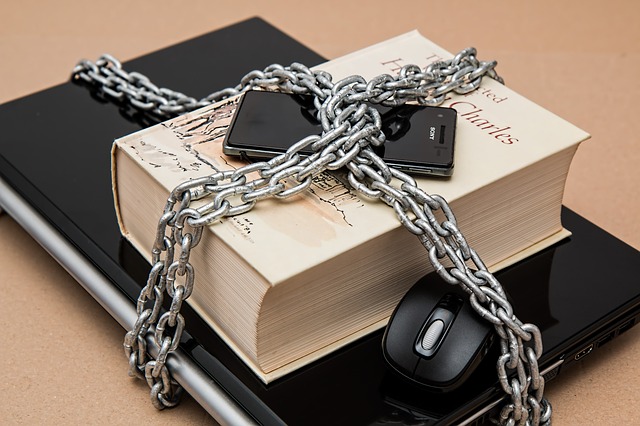
Christian Universities Engaging In Censorship Of Newspapers
- By C Barnett --
- 20 May 2018 --

New Survey Shows Startling Pattern Across The Country
The censorship of newspapers is considered a grievous act in places of learning, but lately some Christian universities are facing accusations of meddling in the stories presented in their own publications. Several students who work at university newspapers have had their stories turned away by editors, claiming that the material was not interesting or would otherwise damage the school’s reputation. For example, Erin Covey of Liberty University complained that her desire to cover an anti-Trump and anti-Falwell event near the campus were blocked by her editors, seemingly because the protesters were only there for free publicity.
Christian Universities Engaging In Censorship Of Newspapers [/tweetthis]
However, Covey and others like her argue that the articles are being purposely obstructed because the material presents opposing viewpoints that the universities find objectionable for political or religious reasons, not because the material is offensive. The students argue that this form of censorship is troubling and unfair due to the fact that it prevents the dissemination of information and the ability to challenge ideas, the goals of university publications.
The active censorship of student newspapers has led students to unite and create a student-led group to oppose censorship. The Student Press Coalition, founded in 2018, was created to promote a free press in the media while focusing specifically on the problems of censorship at Christian Universities. One of the first attempts to understand the depth and breadth of censorship in their schools led to the Student Press Coalition sending out a survey to the newspapers at over a hundred Christian Universities, asking the workers to present their cases on censorship at their respective publications. The survey is a representation of forty nine universities.
The results of the survey were profound, with 76% of respondents admitting that they have faced pressure from their university to change, edit or remove an article once it has been posted online. An additional 30% have said that their school advisors have the final say in whether an article is able to be printed or not. Almost 50% have said that someone other than the students working on the paper have the ability to censor the work before it is published and that they have been told to stop pursuing stories in the midst of the writing process for one reason or another.
This survey has provided a great deal of insight into the culture of the press at Christian Universities and has shown a troubling issue of growing censorship. Although the Student Press Coalition is still in its infancy, perhaps such groups will be able to make the universities respect their newspapers and answer for the stories they have apparently censored.


















